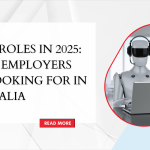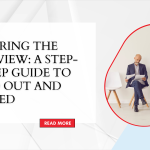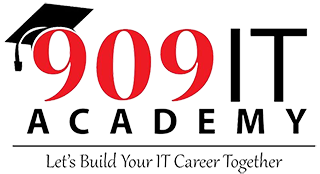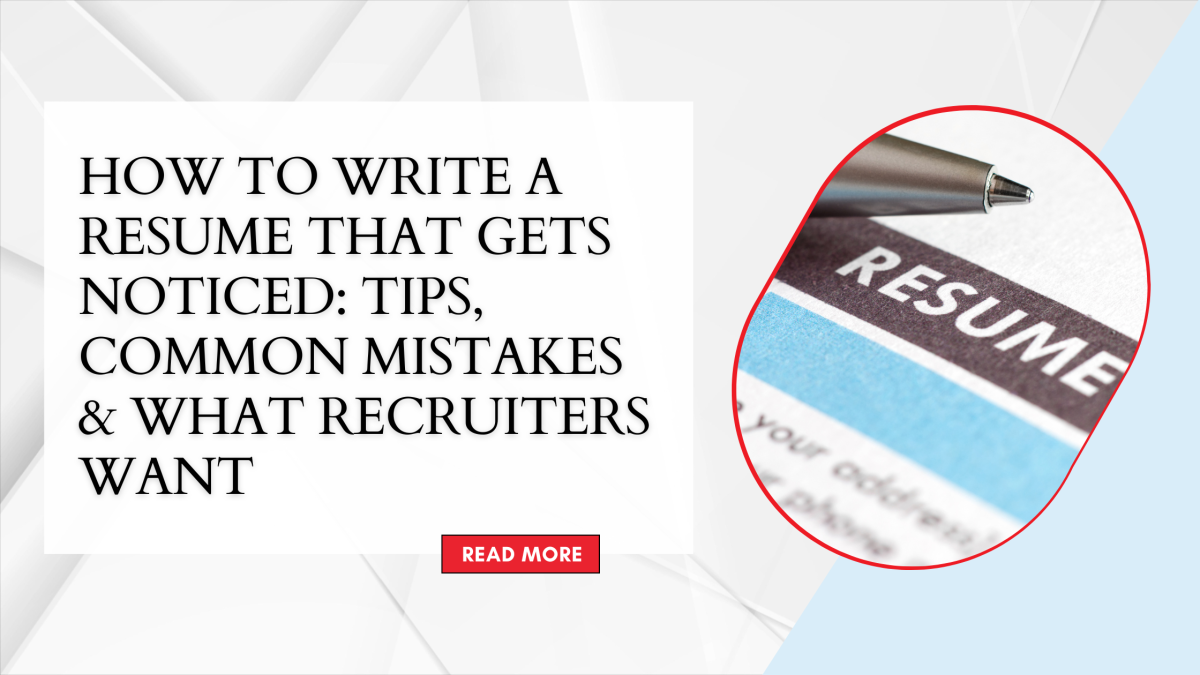HOW TO WRITE A RESUME THAT GETS NOTICED: TIPS, COMMON MISTAKES & WHAT RECRUITERS WANT

AI JOB ROLES IN 2025: WHAT EMPLOYERS ARE LOOKING FOR IN AUSTRALIA
9 June 2025
MASTERING THE INTERVIEW: A STEP-BY-STEP GUIDE TO STAND OUT AND SUCCEED
30 June 2025A resume is your first impression, and often your only chance to stand out in a competitive job market. In today’s fast-paced recruitment environment, hiring managers often spend only a few seconds scanning each resume before deciding whether to move forward or not. That means your resume needs to make an impact quickly — with clarity, relevance, and professionalism. It should reflect not just your qualifications, but also your attention to detail and ability to communicate effectively.
Whether you’re applying through an online portal or handing it over in person, your resume is a reflection of your personal brand and career journey. Whether you’re a fresher or an experienced professional, crafting a clear, well-structured, and targeted resume is essential. Here’s what you need to know:
Resume writing tips:
1. Be specific
Highlight particular skills that match the job description. Generic statements get overlooked.
2. Good formatting
Use clean layouts, readable fonts, and clear sections. It makes your resume easy to scan quickly.
3. Avoid mistakes
Typos, grammar issues, or factual errors can instantly hurt your credibility.
4. Summarize effectively
A strong, focused summary should highlight your core skills and career goals.
5. Avoid clutter
White space is your friend. A cluttered resume is hard to read and may be skipped.
6. Use keywords
Many companies use Applicant Tracking Systems (ATS). Missing the right keywords may prevent your resume from even being seen.
7. Avoid generic content
Customize your resume for each job. A generic resume fails to capture interest.
CV vs Resume: What’s the difference?
A. CV (Curriculum Vitae):
A detailed document covering academic credentials, research, publications, achievements, and professional experience. Commonly used in academia or research roles.
It provides a comprehensive overview of your scholarly contributions, making it essential for applying to academic positions, fellowships, or grants.

B. Resume:
A concise document highlighting your most relevant skills and experience. It’s your professional snapshot designed for quick reading and immediate impact.
Typically used in corporate and industry roles, it focuses on achievements that align closely with the specific job you’re applying for.

Resume guidelines:
Keep it concise-
Focus on the most relevant qualifications and achievements.
Ideal Length-
- Fresher: 1 page
- Experienced Professionals: 1–2 pages
Recruiters typically take only 30 seconds to review each resume.
Common resume mistakes (and their impact)
Mistake
Frequency
Spelling and grammar errors
20%
Resume too long
20%
Mismatched or vague summary
20%
Wrong contact number
10%
Unprofessional email address
10%
Missing keywords
30%
Avoiding these errors instantly boosts your chances of getting noticed.
Job applications often come with a mix of emotions i.e. hope, doubt, and fear. The uncertainty of securing a role can be overwhelming, as no one can guarantee success. While luck and timing may play a part, preparation is key. Landing an interview might be relatively easy, but standing out is what truly makes the difference. Crafting an effective resume requires research, proper guidance, and, most importantly, the motivation to become a better version of yourself.
The job market today is more competitive than ever. Recruiters receive hundreds of applications for a single role, making it crucial for candidates to present themselves in the best possible light. It’s not just about listing skills or past experiences, it’s about communicating value, potential, and purpose.
Rejection is a natural part of the journey. Each “no” is not a reflection of failure, but a redirection toward a better fit. With every attempt, you gain insight, build resilience, and refine your approach. Keep learning, keep improving, and don’t lose sight of your goals. The right opportunity will come, not by chance alone, but through persistence and preparation.
Want to know about our Job Ready Programs? System Administration & Networking, Cybersecurity, Business, Data & System Analyst, CCNA, Cloud Administrator Azure, Web Development & many more.

